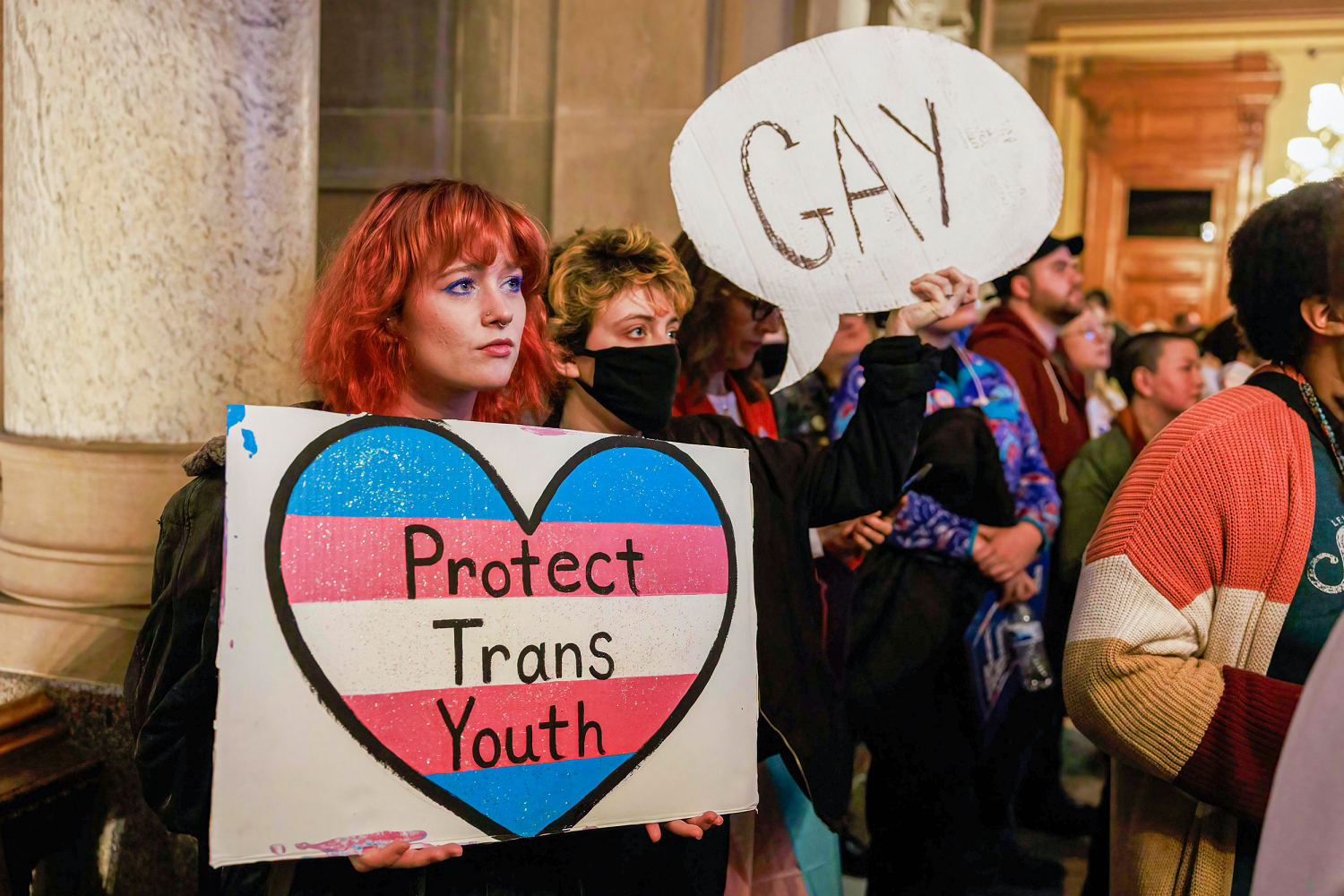Social media is awash with ‘heteropessimism’. Do young women really think so poorly of men? | Rachel Connolly
The cliche of the loutish, emotionally inadequate boyfriend is everywhere. The truth is more complicatedHow is the ideal heterosexual girlfriend supposed to behave? This played on my mind after I watched Companion, a film about a loutish millennial man named Josh with a robot girlfriend named Iris. Iris was designed to be the perfect girlfriend, and so she regards Josh with total devotion and admiration, and prioritises their relationship above all else. She has a head full of fake memories, such as the one of the day they met, when they were both in the same supermarket and he clumsily upended a display of oranges, sending them rolling across the floor. This caught her attention. She has been programmed to regard this as the best day of her life.Like so many things you watch and read now, Companion is intended to reflect a familiar trope back at the viewer in an exaggerated but unchallenging fashion. It’s a pantomimed version of a wildly imbalanced heterosexual relationship, a portrayal that will be familiar to anyone who has come across “heteropessimist” discourse recently. Men, in this telling, are broadly akin to useless, unappealing Josh. Women feel deeply disappointed and embarrassed about dating them but are still committed to doing so, like a self-aware version of Iris. Crucially, heteropessimism shows no desire to reform the very real disparities between men and women, but the opposite: it takes as a given that women are sheepishly resigned to heterosexual relationships reflecting the worst of these inequities.Rachel Connolly is a writer and author of the novel Lazy City Continue reading...

The cliche of the loutish, emotionally inadequate boyfriend is everywhere. The truth is more complicated
How is the ideal heterosexual girlfriend supposed to behave? This played on my mind after I watched Companion, a film about a loutish millennial man named Josh with a robot girlfriend named Iris. Iris was designed to be the perfect girlfriend, and so she regards Josh with total devotion and admiration, and prioritises their relationship above all else. She has a head full of fake memories, such as the one of the day they met, when they were both in the same supermarket and he clumsily upended a display of oranges, sending them rolling across the floor. This caught her attention. She has been programmed to regard this as the best day of her life.
Like so many things you watch and read now, Companion is intended to reflect a familiar trope back at the viewer in an exaggerated but unchallenging fashion. It’s a pantomimed version of a wildly imbalanced heterosexual relationship, a portrayal that will be familiar to anyone who has come across “heteropessimist” discourse recently. Men, in this telling, are broadly akin to useless, unappealing Josh. Women feel deeply disappointed and embarrassed about dating them but are still committed to doing so, like a self-aware version of Iris. Crucially, heteropessimism shows no desire to reform the very real disparities between men and women, but the opposite: it takes as a given that women are sheepishly resigned to heterosexual relationships reflecting the worst of these inequities.
Rachel Connolly is a writer and author of the novel Lazy City Continue reading...









































































